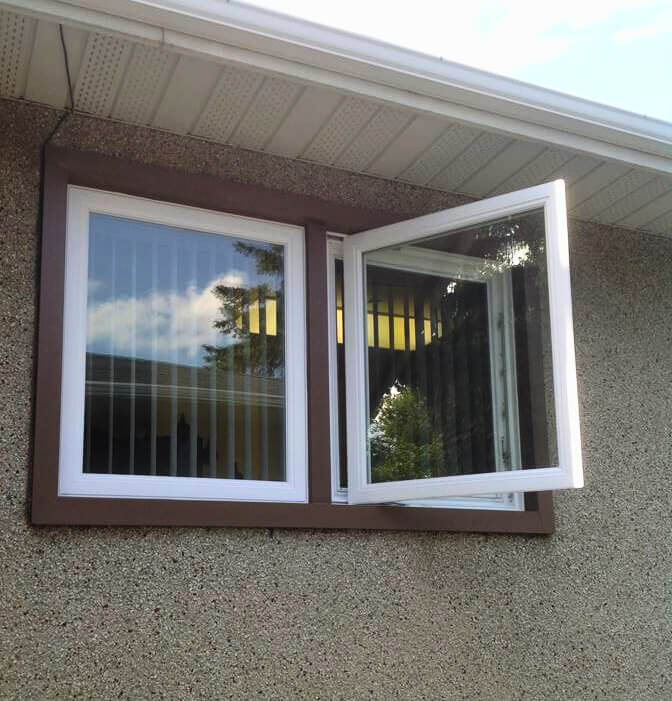The Canadian climate, characterized by significant seasonal variations, presents homeowners with daunting energy efficiency challenges. Let's take a look at how modern technology can adapt window systems to changing weather conditions, keeping your cottage comfortable and saving energy.
Dynamic glazing: adapting to seasonal changes
The main element of seasonal optimization is dynamic glazing, which is able to change its properties depending on external conditions. This technology is particularly relevant for regions with contrasting climates, such as Boyle, where door and window replacements must take into account extreme temperature fluctuations.
Thermochromic glass changes its transparency depending on the temperature, automatically darkening when it heats up. This reduces the load on air conditioning systems in summer. Photochromic glass reacts to the intensity of sunlight, providing optimum illumination and UV protection.
Multifunctional coatings: balancing thermal insulation and sun protection
Modern multifunctional glazing coatings play a key role in the seasonal optimization of window systems. They provide effective thermal insulation in winter and protection against overheating in summer.
Advanced Low-E coatings can selectively allow solar energy to pass through, maximizing passive heating during the colder seasons and minimizing it during the hotter months. This is especially important when choosing a door with a window insert in Boyle, where every design element should contribute to energy efficiency.
Gas-filled glass panes: adaptive thermal insulation
Advanced gas-filled insulating glass units are an adaptive solution for year-round energy efficiency optimization. Unlike traditional argon, krypton and xenon provide higher thermal insulation with a smaller insulating glass unit thickness. This makes it possible to optimize window size in a basement, where every centimeter of space counts, without sacrificing energy efficiency.
The development of adaptive gas mixtures that change their insulating properties depending on temperature opens up new possibilities for seasonal optimization. These mixtures become more effective insulators when the temperature drops, providing additional protection in winter.
Innovative frame materials: year-round stability
The choice of window frame material plays a crucial role in ensuring stable energy efficiency regardless of the season. Technological composites combining the advantages of PVC and fiberglass ensure minimal thermal expansion and contraction under extreme temperature fluctuations.
Recommendations for optimizing window systems for the Canadian climate
When planning for door and window replacement in Boyle or other regions of Canada with contrasting climates, the following factors should be considered:
- Orientation of windows to the sides of the world to maximize passive solar heating in winter.
- Heat transfer resistance coefficient (R-value) of glazing and frames.
- Adaptability of the system (presence of dynamic elements).
- Integration with smart home systems for automated control.
- Durability and resistance of materials to climatic loads.
Seasonal optimization of window systems is a comprehensive approach that combines innovative materials, smart technology and adaptive solutions. Backed by 25 years of experience and a reputation as an industry leader, Canglow offers a wide range of solutions tailored to the Canadian climate.
By purchasing modern window systems, you will significantly improve your living comfort, as well as significantly reduce your heating and air conditioning costs. Contact Canglow for a professional energy audit and a personalized plan to optimize your home's window systems
